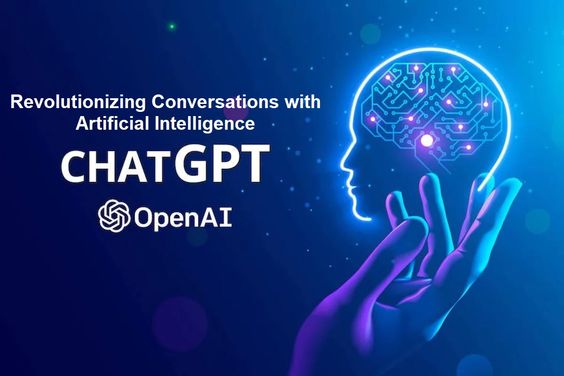
Significant advances have been made in the field of artificial intelligence in recent years, leading to the fact that they may also pose a challenge to the academic integrity of universities. In particular, the use of AI models to generate content may raise concerns about plagiarism and academic misconduct.
Story topics and perspectives
According to an analysis conducted by Similarweb, OpenAI received approximately 590 million visits from 100 million unique visitors in the two months following its launch in January. On the other hand, ChatGPT’s user base has been soaring, with over 100 million active users, positioning it as the fastest growing consumer app in terms of users. However, academic integrity has become a growing concern for Australian universities as technology becomes more prevalent, especially with language models such as ChatGPT, with increasing reports of academic misconduct and plagiarism. While technology such as ChatGPT can provide an easier way for students to generate content, it also increases the risk of academic dishonesty. Its use has raised concerns about the academic integrity of Australian universities. This article reports on how Australian universities are responding to these challenges. Some universities are taking proactive steps to educate students on the correct use of ChatGPT and other language models, including providing training on how to properly cite sources and how to avoid plagiarism. Other universities are exploring the use of plagiarism detection software to identify instances of academic misconduct. The views of Australian academics and researchers on OpenAI’s contribution to the field of artificial intelligence, and the potential risks and benefits of using its research as a reference, can also be explored.
Why schools shouldn’t be scared of ChatGPT
The emergence of the new AI chat bot has struck fear into the hearts of many educationalists. But they should embrace it.
Implementation plan (not all may be achieved)
-
- Research the current use of OpenAI in Australian universities and any incidents of academic integrity issues that have arisen as a result of its use.
- Interview experts in the field, to gather their insights into the potential benefits and risks of OpenAI and how it can be used responsibly.
- Talk to university administrators and policy makers to understand their views on the use of OpenAI and what steps they have taken to prevent academic fraud.
- Consider the legal implications of using OpenAI-generated work in an academic setting, including issues around intellectual property and plagiarism.
- Discuss the limitations of OpenAI technology and how this affects the reliability of the work generated using it.
Publication and target user groups
The story will be published in THE SYDNEY MORNING HERALD, which has a long history on it. Also the SMH is well known and trusted in Australia. Meanwhile SMH has already done a similar story.
The target audience for this topic is likely to include students, academics and researchers interested in the ethical implications of AI language models and their potential impact on academic integrity. It may also be of interest to university administrators and policy makers responsible for developing and implementing policies related to academic integrity and the use of technology in education.
Information sources
- Documents on the official school website.
- Student questionnaires or interviews.
- Interviews with school teachers.Social media resources for more information.
- Website data collection.
Multimedia, hypertext and interaction
This story will contain multimedia:
Related videos, embedding of social media posts
Related images
Press Releases

Good job! I think your proposal is very well written, effectively illustrates the concept and point of the story, and the layout of the interface is excellent. The use of ChatGPT to cheat is a very hot topic at present, which has a great influence in the academic circle and is a social problem worth discussing. I think you need to create a more unique Angle on this topic because it’s such a hot topic and how many people are writing about it. I suggest that you first determine the identity of the interviewees before conducting the research, and more specifically find an interview subject. Dig up some stories behind Chatgpt to engage your readers. Looking forward to your journalism!